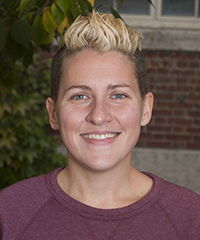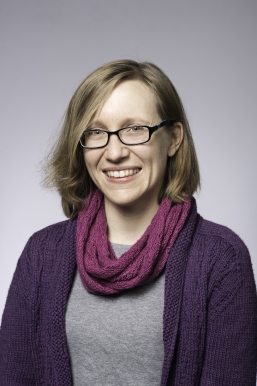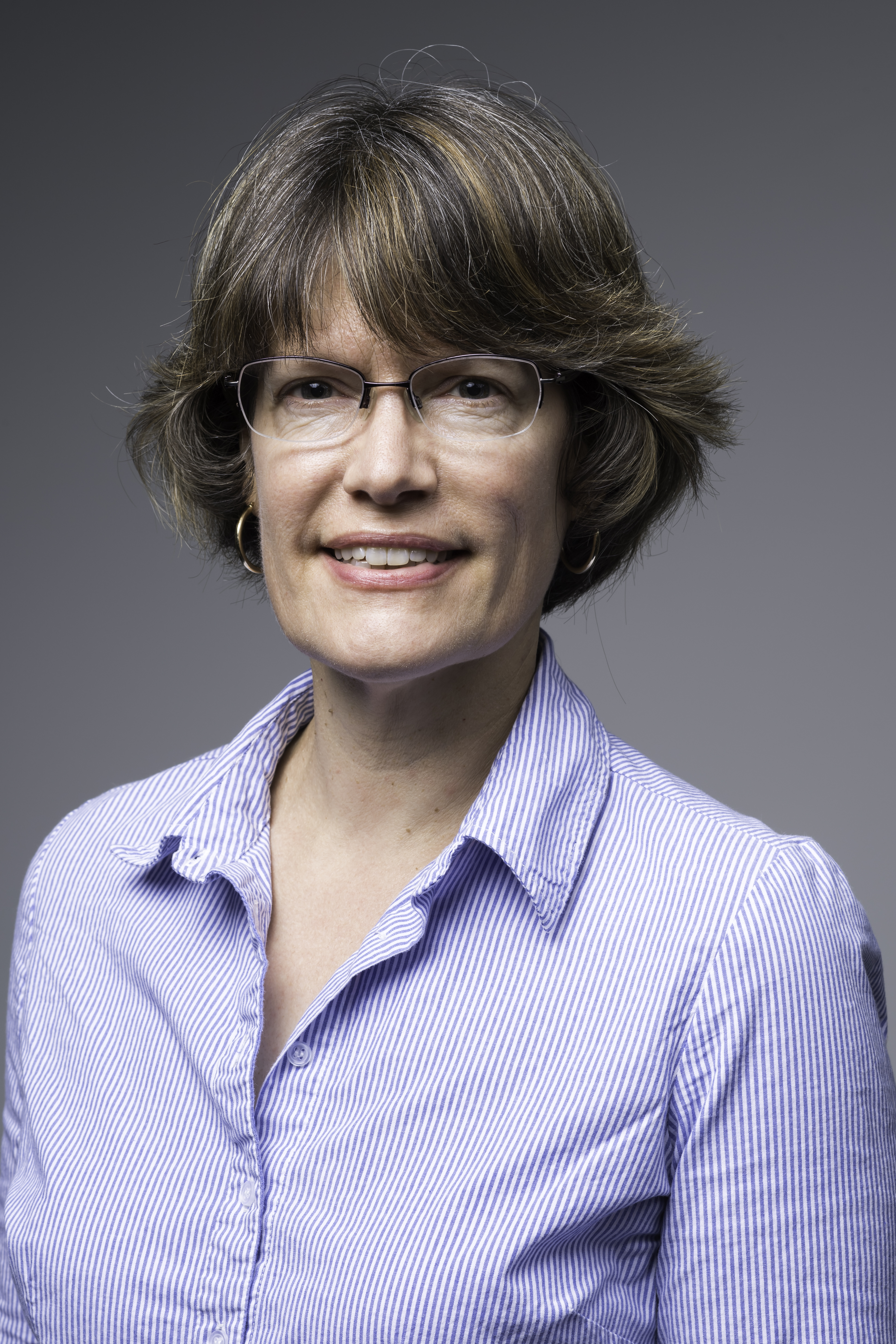Writing in the Majors Faculty Bios
If you’re not sure what kind of support you need or if you would just like to find out more about our program, you can reach out to any one of us:
|  |
Katherine Schaefer, PhD (she/her) | Kate Phillips, PhD (she/her) |
Disciplinary Background: Biology Primary disciplines I support: Biology, Chemistry, Earth and Environmental Science, and Public Health. Specialties: For student-facing workshops, I focus on genre pedagogy—an approach that aims to help students recognize how and why different academic situations and tasks call for different writing patterns and conventions. I use this framework to help students read more efficiently, identify key phrases and choices that highlight the underlying narrative logic of work in their discipline, and make informed writing choices within genres. I also particularly enjoy developing online workshop modes that can allow students to see everyone’s work in real time and learn from each other more efficiently. For faculty-facing workshops, I focus on developing effective peer review processes. Please see my full faculty bio for further discussion of my research and projects. | Disciplinary Background: Philosophy Primary disciplines I support: Psychology, social sciences, humanities Specialties: Argument, argumentation, multimodal and digital communication. I’m also particularly interested in use of AI tools, honesty and citation across contexts, and the sometimes seemingly simple skills of summary, analysis, and synthesis, that often feel much more difficult when we’re encountering them in new writing spaces. Please see my full faculty bio for further discussion of my research and projects.
|
 | |
Whitney Gegg-Harrison, PhD (she/they) | James Otis (he/him) |
Disciplinary Backgrounds: Linguistics, Computer Science, Brain and Cognitive Science Primary disciplines I support: I work primarily with the Hajim School, particularly Optics and Mechanical Engineering, but have also worked with disciplines across the social sciences. Specialties: For student-facing workshops, I especially enjoy bringing insights from linguistics and cognitive science to helping student writers improve coherence and flow, make informed choices about punctuation and sentence structure, design effective figures, graphs, and other forms of multimodal communication, and understand the structure of scientific and other technical articles as both a reader and writer. In faculty-development workshops, I specialize in assignment design in the age of generative AI and on feedback strategies, with a particular focus on feedback for multilingual student writers. Please see my full faculty bio for more on my background and research interests. | Disciplinary Background: Philosophy (of Science? Bioethics? Philosophy of AI? Philosophy of Technology?) Primary disciplines I support: Biology, Psychology, willing and able to adapt to any context. Specialties: Argument, Ethics, and Technology. I take a great interest in charitable presentation of a variety of views. I emphasize the importance of counterargument and reply. I generally endorse a simple rhetorical structure in academic writing that lends itself toward clarity. I also rely heavily on outlining and pre-writing in both my teaching and my own writing – this includes close readings of argumentative texts and formalization of arguments.
|
Writing, Speaking and Argument Program Director
|
Deborah Rossen-Knill is the founding and executive director of the Writing, Speaking, and Argument Program. She earned an M.F.A. in fiction writing from the University of Michigan, a Ph.D. from the University of Minnesota, held a postdoctoral fellowship in the Institute for Research in Cognitive Science at the University of Pennsylvania, and worked as a technical, professional, and freelance writer. Her articles have appeared in such journals as Poetics, The Journal of Pragmatics, The Journal of Basic Writing, WPA: Writing Program Administration, Language and Literature, and Journal of Teaching Writing. She has co-authored several books on different topics including writing pedagogy, flow in writing, and grammar. Her teaching and research focus on writing, writing pedagogy, and more generally, on describing and explaining how communication works. |


